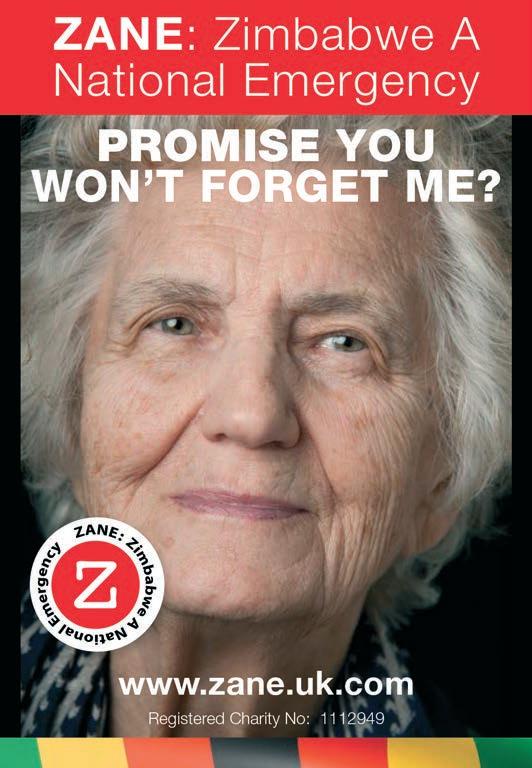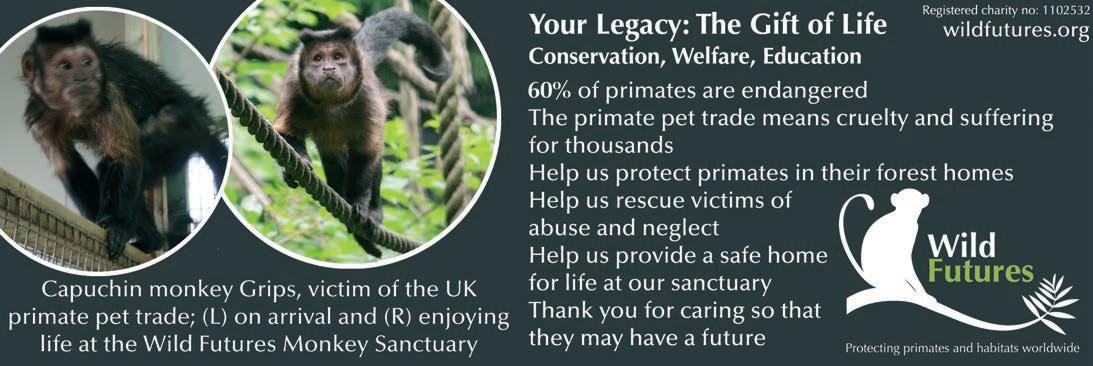
5 minute read
Blended funding sees grants added to loan fund
[GRANT FUNDING of £4m has been announced by Social Investment Business (SIB) and Access – The Foundation for Social Investment – to be used alongside SIB’s Resilience and Recovery Loan Fund (RRLF), to support charities and social enterprises based in and delivering most of their impact in England.
The £4m is a part of £30m Access has received from dormant bank accounts to create new blended finance solutions for charities and social enterprises in England impacted by the COVID-19 crisis. The new blended grant funding will be delivered by SIB, with money from Access, working with its experienced partners on delivery: Big Issue Invest, CAF Venturesome, Charity Bank, Resonance, and Social and Sustainable Capital.
The Resilience and Recovery Loan Fund continues to be a loan programme and applicants must apply for a loan. They may be approved for a loan without any grant award alongside it. Grants will only be awarded alongside a loan if it is clear that the COVID-19 interruption to an organisation’s business model means that they would struggle to meet the viability threshold for a loan without the grant. In that sense, the grant enables use of the loan fund and it is hoped that this will widen the reach and accessibility of the fund.
Assessed on a case-by-case basis alongside the loan, the grants awarded will range in size from £40k to £300k and can be 20%-40% of the loan amount.
Nick Temple, chief executive of SIB, said: “We are delighted to receive this £4m from Access, which will enable the Resilience and Recovery Loan Fund to help more organisations in need in England. Since launching RRLF, we have been transparent that loan finance will not suit all charities and social enterprises, but that we hoped it would for some. Introducing this blended finance solution to RRLF widens the accessibility of the fund to organisations who would otherwise struggle to meet the viability threshold for a loan. If we are truly to Build Back Better, patience and flexibility are absolutely key for a fairer funding structure in the recovery.”
His counterpart at Access, Seb Elsworth, added: “Blended finance can help more charities and social enterprises to benefit from social investment, and that applies to emergency lending, too. We are pleased to be working with SIB and partners in the Resilience and Recovery Loan Fund, using grant funding in smart ways to expand the reach of the fund and help more organisations to survive and thrive beyond the pandemic.” q • To find out more about RRLF, how to apply and the eligibility criteria for the grants blend, visit the RRLF website at www.sibgroup.org.uk/resilience-and-recovery-loan-fund.
Helping the forgotten people of Zimbabwe

[ZANE: ZIMBABWE A NATIONAL EMERGENCY is a UK registered charity working to help the most destitute, vulnerable and impoverished people in Zimbabwe. It is the largest supplier of financial aid to elderly people in Zimbabwe who lost their life savings and pensions in the economic collapse and subsequent hyper-inflation.
This includes over 600 frail veterans and their widows who fought for the Crown. ZANE assists with rent, medical bills and food – and, crucially, also provides comfort, advice and support.
In addition, ZANE funds a clubfoot correction programme, successfully treating over 3,800 children to date. It funds the provision of prosthetic limbs for victims of landmine explosions and assists people with hearing loss. ZANE also funds education programmes including the provision of pop-up classrooms in highdensity townships for children who would otherwise not receive an education. It runs creative therapy workshops for women living in extreme poverty who are victims of political violence and trauma.
Zimbabwe remains in a state of crisis. The economy teeters on the brink of collapse. Fuel shortages are commonplace and with food prices escalating, ZANE’s aid is needed more than ever by the most destitute people in Zimbabwe. q • To find out more about the work of ZANE visit www.zane.uk.com

Trust works to save iconic working horses

[THE SUFFOLK PUNCH TRUST is a registered charity, whose aim and offers sanctuary to monkeys who have suffered abuse and neglect. They are dedicated to protecting primates and their habitats worldwide – primates are endangered due to climate change, habitat destruction and the bush-meat and pet trades.
For some species, it is too late. The future of all that remains lies in our hands, so leaving a legacy to Wild Futures is the gift of life and a future for primates and our wonderful planet.
Wild Futures’ holistic approach makes them unique – providing sanctuary to rescued is to ensure the survival of the famous horse breed. It was founded in 2002 to save the historic Hollesley Bay Colony Stud.
That stud brought a rich legacy of equine and agricultural history which deserves to be saved for future generations to enjoy. The trust aims to achieve that through a successful breeding programme, supported by funding, education and the outreach facility of its visitor centre.
The Suffolk Punch is the oldest English breed of working horse, dating from the 16th century. Every Suffolk horse can be traced back to a stallion, known as Crisp’s Horse of Ufford, foaled in 1768. The Suffolk horse was developed for farm work and gained popularity during the early 20th century. As agriculture became mechanised, however, the numbers fell and the breed almost disappeared completely.
The aim of the trust is to help save the iconic breed from extinction through its established breeding programme. It is working towards increasing the numbers of horses through normal breeding processes and an artificial insemination programme.
It also works to raise public awareness and is training a new generation of professionals to work with and understand the needs of the breed. The Suffolk Punch is incredibly versatile and is now often employed in forestry and ridden work.
The Suffolk Punch Trust can only continue its work with the help of donations and legacies. As David Clarke, one of the trust’s directors, explained: “Your legacy, large or small, will make a huge difference to the work we carry out, enabling us to care for our horses and continue
Legacies – the gift of life
[ANIMAL CHARITY Wild Futuresrescues
the breeding programme to secure this wonderful breed.” q monkeys, supporting projects overseas, campaigning for primate welfare, educating to protect primates worldwide and promoting a sustainability and ethical ethos.
They receive no government funding, so the generosity of those that remember Wild Futures is essential to enable them to continue their work. A legacy can be the gift of a life worth living and a wild and safe future for all. q

• For more information call 01503 262532, email giving@wildfutures.org or visit the webiste at www.wildfutures.org.









